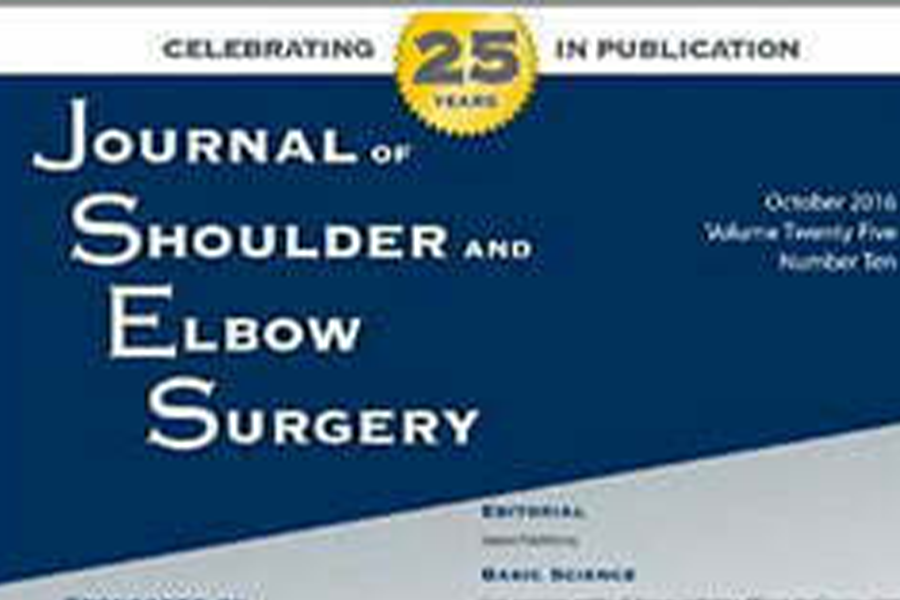Many patients wonder how to sustain their weight loss for the long term after gastric bypass surgery. While the surgery is a powerful tool for losing weight, maintaining those results requires adopting lasting lifestyle changes.
So, what does this mean for you? It starts with building a foundation of healthy practices and talking to your bariatric surgeon about weight management. Your lifestyle changes include prioritizing protein-rich meals, avoiding high-calorie snacks and sugary drinks, and adhering to portion control. Moving your body and staying active also supports your weight loss and well-being.
At Sano, we’ve seen how these changes can empower patients to maintain their weight and thrive after surgery. Here are some things to remember after gastric bypass surgery, including tips for long-term weight maintenance and questions to ask your bariatric surgeon.
Facts on Losing Weight After Gastric Bypass
 Your doctor should give you a personalized timeline and what to expect after surgery. However, research shows that you’ll likely lose much weight over time if you stick to healthy eating habits and an active lifestyle. Take a look at what to expect:
Your doctor should give you a personalized timeline and what to expect after surgery. However, research shows that you’ll likely lose much weight over time if you stick to healthy eating habits and an active lifestyle. Take a look at what to expect:
- First Month: Patients can lose approximately 10–17% of their excess weight, averaging about 15–20 pounds, depending on their starting weight.
- Three Months: Patients may lose 25–35% of their excess weight by this point.
- Six Months: Weight loss slows slightly but remains substantial, with patients losing 45–55% of their excess weight.
- One Year: Most patients achieve a 65–70% excess weight loss within the first year.
- 18–24 Months: By this stage, patients may lose up to 80% of their excess weight and enter a maintenance phase.
Long-Term Results After Gastric Bypass
- Over time, gastric bypass surgery enables durable weight loss for many individuals. Studies show that patients can lose 50–70% of excess weight for years after surgery.
- Some research also indicates that patients may lose around 20–30% of their baseline body weight within the first year.
Factors Influencing Weight Loss
The amount of weight lost depends on several factors:
- Adherence to post-surgery guidelines: Following dietary and exercise plans is critical for sustained results.
- Starting BMI and health conditions: Higher initial BMI or comorbidities may influence outcomes.
- Surgical success and patient commitment: A skilled surgeon and a motivated patient are essential for optimal results.
10 Tips for Long-Term Weight Maintenance After Gastric Bypass
 Studies show that most gastric bypass patients lose weight within the first year, but some regain can occur over time without careful management. Five years post-surgery, about 75% of patients maintain at least 20% weight loss, underscoring the importance of consistent habits like mindful eating and regular physical activity.
Studies show that most gastric bypass patients lose weight within the first year, but some regain can occur over time without careful management. Five years post-surgery, about 75% of patients maintain at least 20% weight loss, underscoring the importance of consistent habits like mindful eating and regular physical activity.
1. Mindful Eating
Pay close attention to your body’s hunger and fullness cues. Eat slowly, savor each bite, and avoid distractions like screens during meals. This helps prevent overeating and allows you to recognize when you’re truly satisfied.
2. Prioritize Protein
Protein is best for satiety, helping you feel fuller for longer and supporting muscle mass. Include lean meats, poultry, fish, beans, lentils, and tofu in your daily diet.
3. Choose Drinks and Snacks Carefully
Sugary drinks and high-caloric snacks provide empty calories and can quickly lead to weight regain. Opt for water, unsweetened beverages, fruits, vegetables, and small portions of healthy snacks. Consider looking into low glycemic, low carbohydrate, and even gastric bypass-specific diet plans.
For example, our bariatric surgeons offer a full treatment plan that gives patients everything they need to master diet and exercise after their weight-loss surgery. It’s important to get personalized steps and make lifestyle changes that will help you the most.
4. Master Portion Control
Your stomach capacity is significantly reduced after surgery. Be mindful of portion sizes and use smaller plates. Pay attention to the recommended serving sizes for different food groups.
5. Stay Hydrated
Drink plenty of water throughout the day. It can help you feel full between meals and is essential for overall health.
6. Move Your Body Regularly
Aim for at least 150 minutes of moderate-intensity aerobic activity or 75 minutes of vigorous-intensity aerobic activity per week, along with muscle-strengthening activities at least two days a week. Find activities you enjoy to make it a sustainable habit.
7. Chat with Gastric Bypass Support Groups
Connecting with others who have undergone similar experiences can provide valuable support, encouragement, and practical tips for navigating the challenges of long-term weight maintenance. There are various support groups and online forums where you can share experiences and get advice. However, the best advice will come from your doctor, so ask questions and keep going to your follow-up appointments.
8. Prioritize Sleep
Adequate sleep is essential for regulating the hormones that control appetite. Aim for 7-9 hours of quality sleep each night.
9. Manage Stress and Triggers
Chronic stress can lead to emotional eating and hinder weight management efforts. Find healthy ways to cope with stress, such as exercise, meditation, or spending time in nature.
10. Maintain Regular Follow-Up Appointments
Continue to attend your scheduled follow-up appointments with your bariatric team. They can monitor your progress, address concerns, and provide ongoing guidance and support.
Talk to a Bariatric Surgeon in Kansas City
At Sano, we pride ourse lves on being at the forefront of bariatric care and weight loss, offering personalized support to ensure your successful journey. Our team of experienced professionals is dedicated to guiding you through every step, from pre-surgery education to post-surgery lifestyle adjustments. If you’re ready to take control of your health and explore how gastric bypass can transform your life, we invite you to schedule a consultation with us.
lves on being at the forefront of bariatric care and weight loss, offering personalized support to ensure your successful journey. Our team of experienced professionals is dedicated to guiding you through every step, from pre-surgery education to post-surgery lifestyle adjustments. If you’re ready to take control of your health and explore how gastric bypass can transform your life, we invite you to schedule a consultation with us.
Your journey to a healthier, more vibrant life begins here, and we’re excited to be your partner every step of the way. Schedule a consultation with our bariatric team to discover the expertise and compassionate care that sets Sano apart.
FAQs About Long-Term Weight Loss After Gastric Bypass
Is it common to regain weight after gastric bypass?
Some weight regain can occur over time if careful management isn’t maintained. However, studies show that about 75% of patients maintain at least 20% weight loss five years post-surgery.
What essential things must gastric bypass patients do to keep the weight off long-term?
Prioritizing protein, avoiding sugary drinks and high-calorie snacks, practicing portion control, and staying physically active are essential for long-term weight maintenance.
Why is protein so important after gastric bypass?
Protein helps you feel fuller for longer and supports muscle mass, essential for weight management.
What kind of drinks should bariatric surgery patients avoid?
After gastric bypass, patients should avoid sugary drinks like soda, juice with added sugar, and sweetened beverages as they provide empty calories.
How important is exercise for maintaining my weight loss?
Regular physical activity is significant. It supports weight loss, helps maintain muscle mass, and improves overall well-being. Low-impact exercise can be more beneficial for those who are just starting out. Weight training, swimming, bicycling, walking, and yoga offer many benefits without placing too much strain on joints.
What are some good questions for my bariatric surgeon about long-term weight management?
You should ask about realistic long-term goals, specific dietary guidelines, follow-up schedules, strategies for preventing weight regain, available support resources, and what to do if you notice weight regain.







